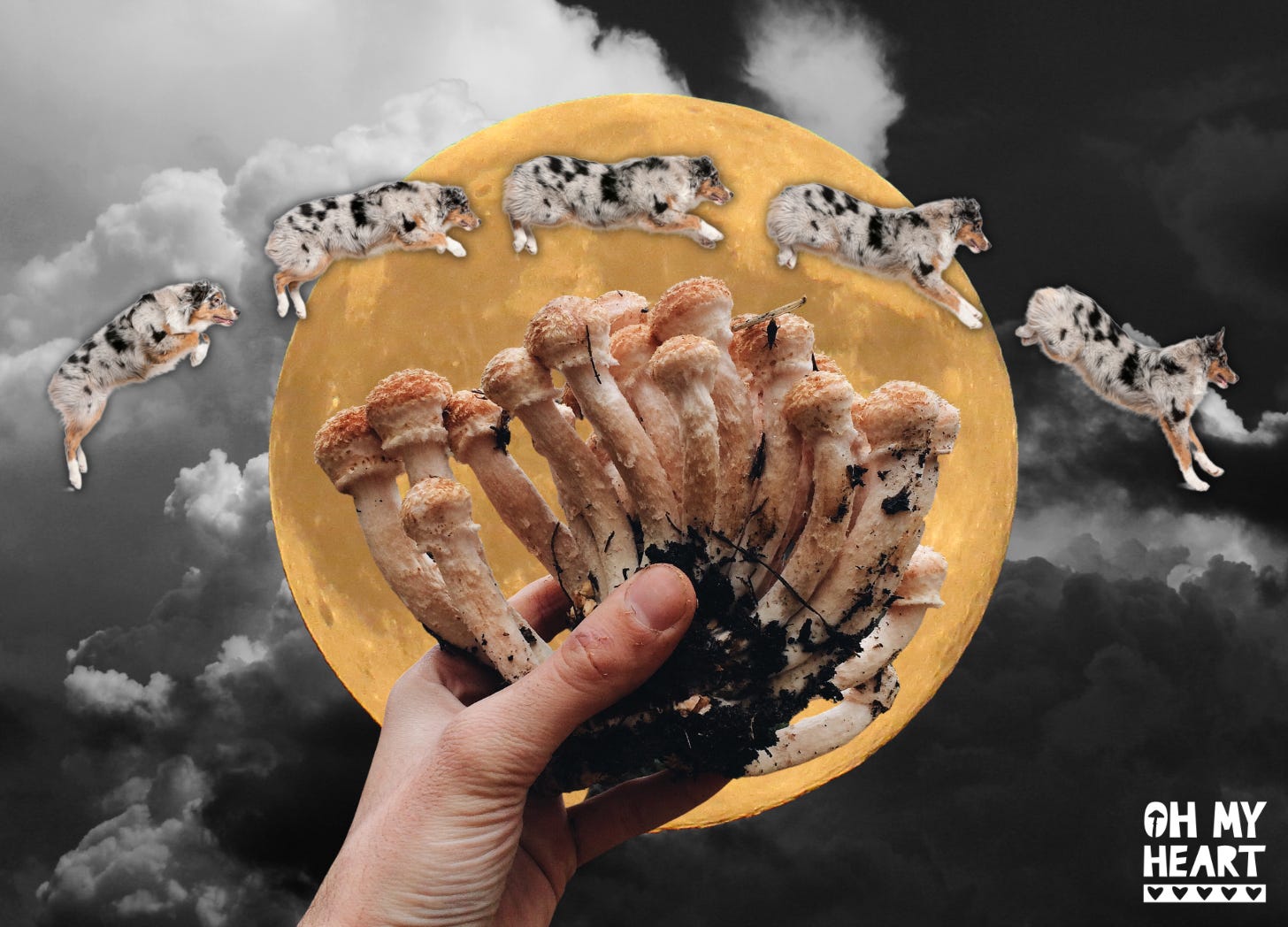Recovering addiction felt like a highway with no exit ramps. Sprinting on a fast-moving 8-lane highway only going one direction, very few made it to the end.
Recovery runs in circles on the same addiction ground, with little forgiveness and plenty of shame. Controlling an addiction felt eerily similar to being a mismanaged child. With a manic plan, I tightened my grip on the steering wheel until my hands looked pink, my knuckles white. White-knuckled my recovery by barely beating back the hulk of my past.
Working with MDMA has untied the knots of unknowing, the patterns in my brain that participate in perpetrator parts.
I can now clearly see how I have chronically projected my patterns into relationships disowning myself because of fear, the pain, and the shame I've carried.
I only knew what had been done to me, contorted and inflated into something I was never meant to be.
Mental health and addiction were never deemed health hazards. Getting over something was to shut up and move on. Emotion revealed a made-up excuse for being weak.
The last thing to consider is that pain, fear, anger and shame might carry emotional backlash.
So unmistakable now that learning how to forgive is foreign and forgetting is familiar.
Defining addiction as a one-way street limited my visibility to the many facets.
When I discovered a new definition of addiction, being in a chaotic relationship with myself, the panic grip on recovery loosened.
Seeing the world through this lens of chaos offers an outline for healing.
It binds the people of many generations in tender recognition.
Finally, acknowledgment allows greater context with the dignity of honouring my choices to recover. I think it is lovely.
I find my life a great place to test, try new ideas, and take in the landscape of my history. I later take into more formal understanding through integration and therapy. So it's an exciting place to be supported and loved enough to take accountability for the experimentation ecosystem of mending my life and work.
I like my recovered brain and enjoy using it. My hope is for these stories to offer inspiration to navigate and shape your own healing. Finding a slower pace to share our stories brings so much goodness.
Thank you, this is a special place. I am grateful.
hugs and drugs,
Checking in:
It was brought to my attention that this phrase from last week's newsletter needs correction: "Your recovery must be yours enough to know it is you engaged in kind of a trust fall." It brought up some uncomfortable feelings for a critical reader. Indeed it was a clunky line but intended to be an invitation to be in leadership with yourself through your recovery. I see now and agree; it felt off and slightly dangerous if interpreted as an invitation to trust anyone(me) above yourself. I will continue to unpack with greater awareness and be educated about and sensitive to problematic, harmful wording.
Your messages loaded with love also poured into my inbox:
"Woah. I could have written that myself. Same childhood. As usual, I feel seen, heard, understood, and connected to you."
"Wow! Just wow!"
"Thank you for sharing your story Kathleen. You're causing me to look at my own…You are a beautiful light in this world. Thank you."
Esther Perel coined a phrase I like a lot: responsible honesty.
I feel valued and cared for in this community when I hear how I have impacted your life and when I can do better. If we can access a firm and loving voice to call in a meaningful conversation, we step beyond patriarchy. It's a process of being strong and caring at the same time. I want to be in the right relationship with you - responsible, kind and compassionate. Please, know how much I appreciate emotional, personal, and honest conversations. Thank you!






I really love that we get to do this work and figure things out together. You're a really good friend.